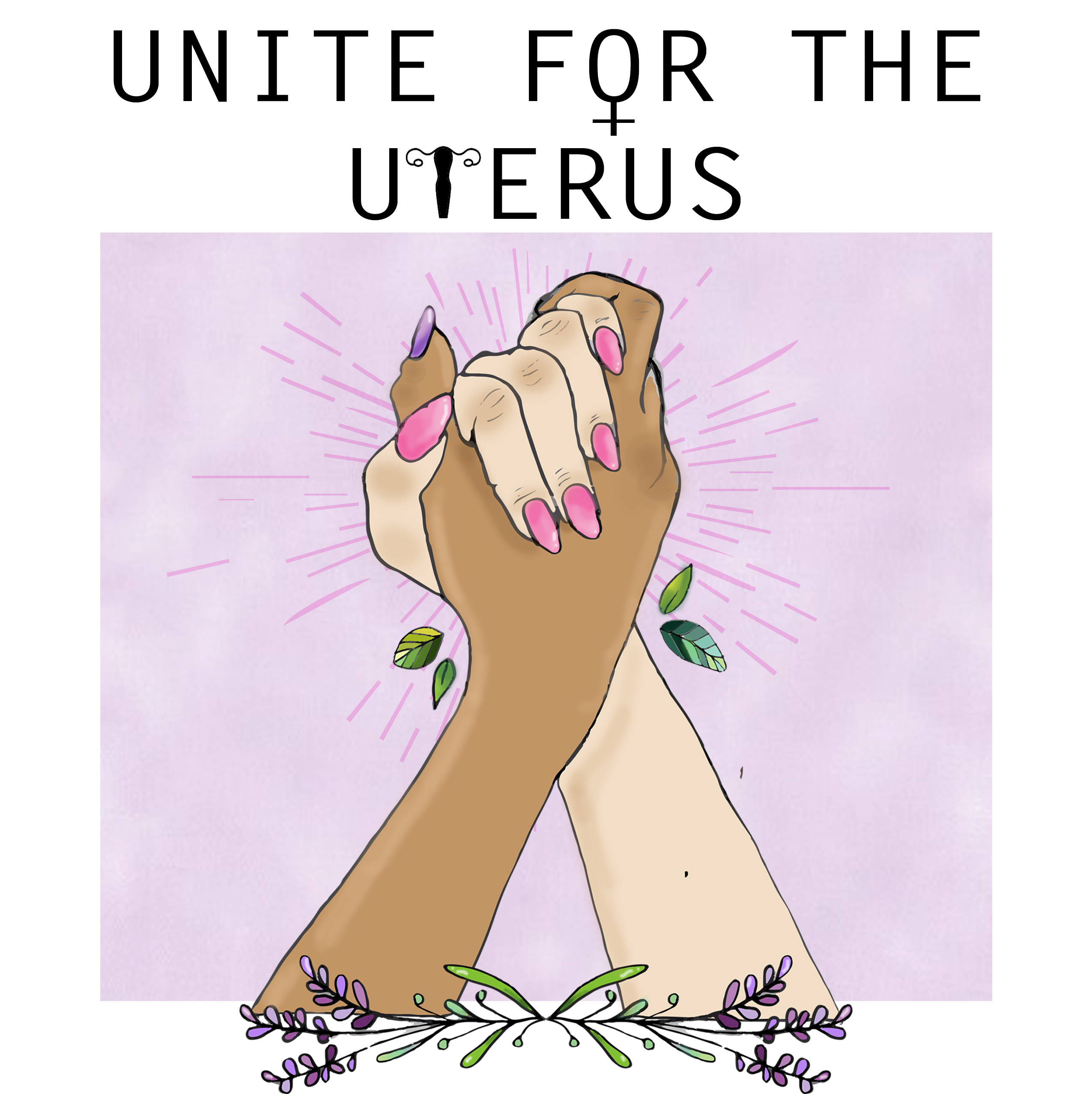Hello! My name is Nadia Haseeb and I am also a contributor to Unite for the Uterus’ blog and online content. As our projects completion is coming to a close our team wanted to discuss why women’s rights are important to us, as well as highlight some of the many inspirational women that have had an impact on our lives throughout history.
Obviously, as a young woman growing up in the age of the internet women’s empowerment and equality has always been very important to me. The media depicts the idea of the perfect woman to be something that is unattainable and it makes girls that don’t look like what you see on TV feel inadequate and less fortunate. This is just not true and it is down right wrong. All women of all colors, shapes, ethnicities and sizes should be able to feel empowered and motivated to step up and have a voice to express wha they believe in, and feel beautiful and intelligent while they do it.
I feel very blessed to be apart of a generation that has a voice. While the fight for full equality is far from over, several women throughout history, fought and even died to ensure that I have the freedoms I have today and its important to me to point out some of the amazing women that made a more equal and beautiful world possible.
Eleanor Roosevelt’s work for women began long before her husband Franklin D. Roosevelt won the presidency. After joining the Women’s Trade Union League in 1922, she introduced Franklin to friends like Rose Schneiderman, which helped him to understand the needs of female workers. In the political arena, Eleanor coordinated women’s activities, and later worked on her husband’s presidential campaigns. When Franklin won the White House, Eleanor used her new position to support women’s interests; even the press conferences she held for female reporters helped them in their jobs. Eleanor continued to be an advocate for women after Franklin’s death. She spoke out about the need for equal pay during throughout the rest of her life.
Margaret Sanger felt that “no woman can call herself free who does not own and control her own body” — for her accessible birth control was a necessary part of women’s rights. In the 1920s Sanger put aside earlier radical tactics in order to focus on getting mainstream support for legal contraception. She founded the American Birth Control League in 1921; two years later her Birth Control Clinical Research Bureau opened its doors. The Bureau kept detailed patient records that proved the efficacy and safety of birth control. Sanger also lobbied for birth control legislation, though she didn’t meet with much success. However, she had more luck in court, with the U.S. Court of Appeals ruling in 1936 that it was okay to import and distribute birth control for medical purposes. And Sanger’s advocacy also helped shift public attitudes: the Sears catalog ended up selling “preventives” and in a 1938 Ladies’ Home Journal poll, 79% of its readers supported legal birth control.
Both of these women took charge of large and important issues facing women today. If it were not for Roosevelt women never would have seen equal rights and birth control may not even exist today if not for Sanger. It is women like these that we have to pay homage too in order to remember the importance of the freedoms many of us have today.





Leave a Reply